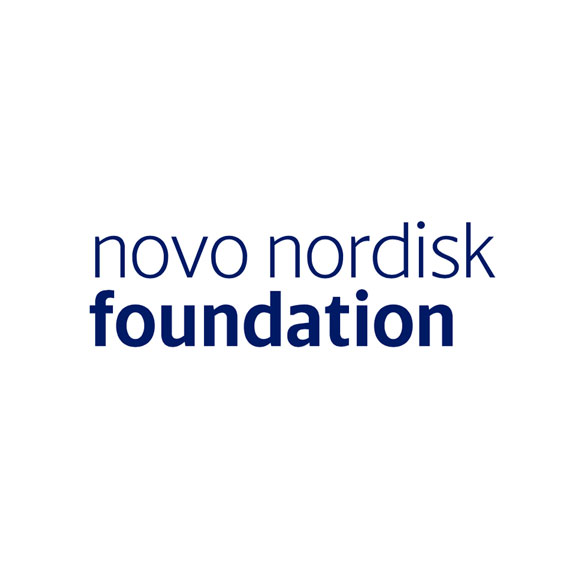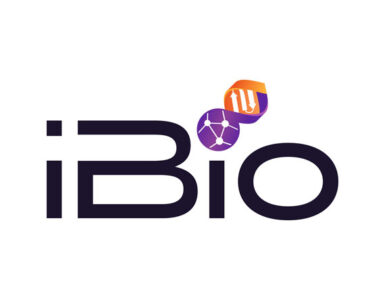
The Novo Nordisk Foundation has awarded a grant of $200-million to establish the first full-scale quantum computer for the development of new medicines as well as providing new insights into climate change and the green transition, which is not possible with classical computers.
The quantum computing program was launched in collaboration with the University of Copenhagen and includes researchers in quantum computing from the Massachusetts Institute of Technology, Delft University of Technology in the Netherlands, Technical University of Denmark, Aarhus University in Denmark, and University of Toronto.
By applying next-generation quantum computing to the life sciences, the Novo Nordisk Foundation and its partners hope to deliver revolutionary and applicable new insights that will transform the understanding of crucial scientific problems that pose a huge unmet medical and environmental need.
Quantum technologies will be key in the advent of personalized medicine by allowing the analysis of immense genomic data sets, as well as adding clarity to the complex interactions of the human microbiome, or by accelerating drug discovery and development of new medicines.
The goal is that a quantum computer will also be a fundamental tool in designing new sustainable materials, delivering new energy-saving solutions or assisting with new approaches to decarbonization.
In addition, the program will focus on developing quantum hardware and quantum materials as well as algorithms to deliver a quantum computer that can solve tasks that are now insolvable by existing computers.
In a statement, Henrik Wegener, Rector of the University of Copenhagen, said the grant ensures that the University of Copenhagen will continue to be among the global leaders in quantum research.
A fully functional quantum computer can very rapidly perform complicated calculations that classical computers either cannot or would optimally require several years to perform.
“Within the life sciences, for example, we can accelerate development in personalised medicine by letting quantum computers process the enormous quantity of data available about the human genome and diseases,” said Lene Oddershede, SVP of natural and technical sciences at Novo Nordisk Foundation. “This will make it easier to tailor optimal treatment.”
Part of the grant is earmarked for establishing Quantum Foundry P/S, a partner company, and fabrication facility that will supply materials and hardware to the researchers in the program.
During the first seven years of the 12-year collaboration, researchers and engineers will develop materials and hardware to establish a promising quantum computing platform. The second half of the project will be spent scaling the selected platform up to a size so that it becomes usable for university and industry researchers to solve relevant problems within the life sciences.





